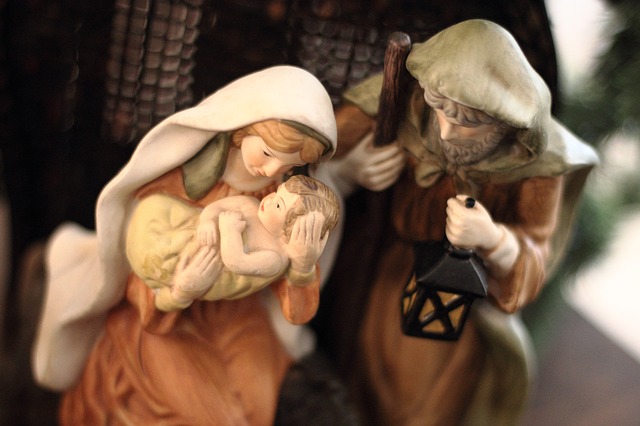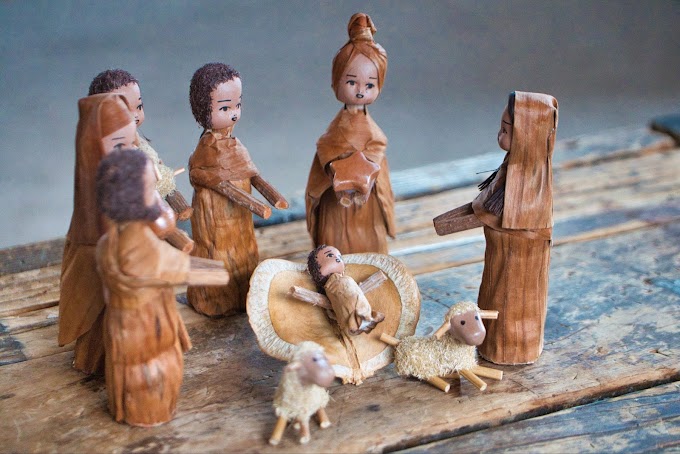Maintaining Afterwards
(Reflection from Nehemiah 7: 1-3)
"Christian reflections on leadership"
Many people get started successfully, but few succeed in finishing.
Even less people who after finishing then continue to maintain what he has built.
Often humans just like to start and build, then become proud of what they have started or built. Yet when maintenance is not done, everything can be in vain.
So what Nehemiah did after he finished building the wall that can be an example for us?
What should we do when we finish building something?
Whether it's building a business, or building relationships, or spirituality, or other things.
# 1 Keep On Monitoring
After finishing building something, it doesn't mean our work is done.
In fact, our work is only entering a new phase or stage.
Because if we fail to carry out surveillance, then what we have built will not be able to be preserved for long.
We need to keep an eye on it, whether on the physical object, or the person, or the system, or the quality must be maintained.
In Nehemiah's case, what he needed to keep an eye on was that the wall has to function optimally (v. 1).
What is the use of walls, gates that serve to keep the city safe; if for example the gates are left open or remain closed, not even clear when they should be open or when they should be closed.
# 2 Have People You Can Trust
Of course we can't keep an eye on something forever. There are times when we need to divide tasks or give authority over something to others.
This is very useful for our health personally, as well as for others whose under our leadership so that they can thrive.
But of course it should not be given to just anyone. If we trust wrongly, then what is already good can be destroyed.
However, when we give trust to the right people, then what we have built is good, can be even better.
We need specific criteria to choose people we can trust.
And learn from Nehemiah, here's my advice: character should always number one priority, and skill number two.
Skills that haven't been mastered can be learned, but bad characters are hard to fix.
So when Nehemiah chose overseer of the city of Jerusalem, he chose a person based on the criteria: "it must be someone who fears God".
Even Nehemiah chose the best of the best not based on who was the smartest or most capable.
Instead, Nehemiah sought and chose based on, "who fears God more than others".
I miss that Christians can continue to be trusted to hold important positions in government or employment, because we are chosen based on our character is the best of the best.
Because we "fear God more than others".
Nehemiah chose his own brother, Hanani (v. 2).
This is not about nepotism. Just because Nehemiah did this, it is not an absolute must about how we choose leaders.
Sometimes the family is more trustworthy. But some others have had the opposite experience - the family is even more betrayal and detrimental.
# 3 Give Clear Direction
Often people we choose to be given the authority to do certain jobs, do not fail because they are unable. Or do not fail because they cannot be trusted.
Often they fail because they don't get clear direction from their leader.
This is what Nehemiah did next. After he had appointed an overseer, given authority and trust, Nehemiah gave clear instructions and directions (v. 3).
It is the vital point after we choose someone to be a leader under us.
Read also: Friend, Enemy, and In Between.






0 Comments